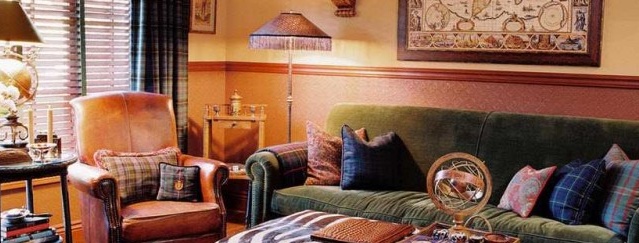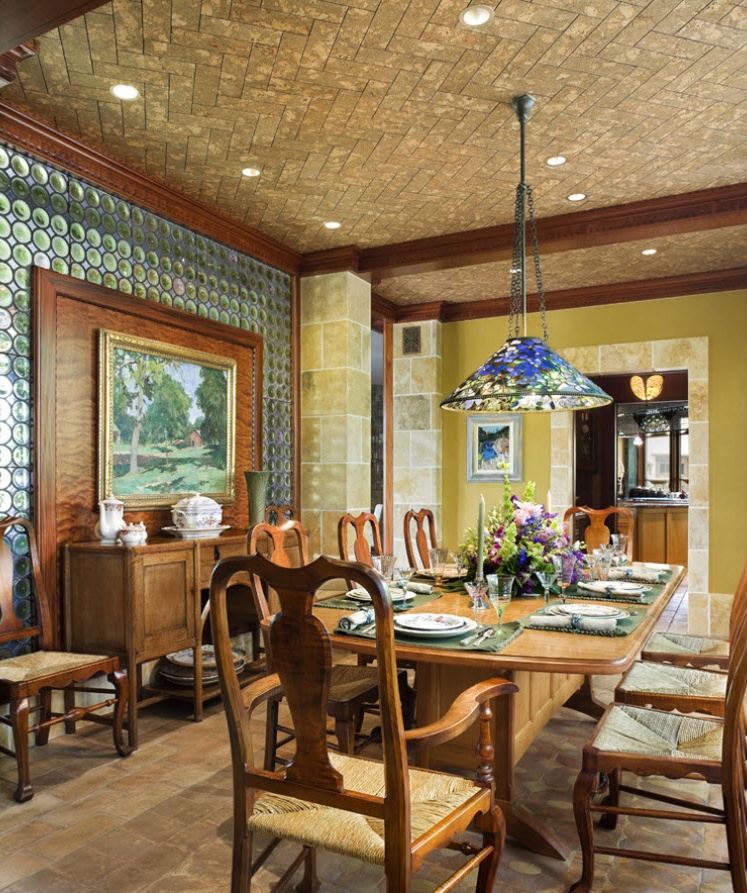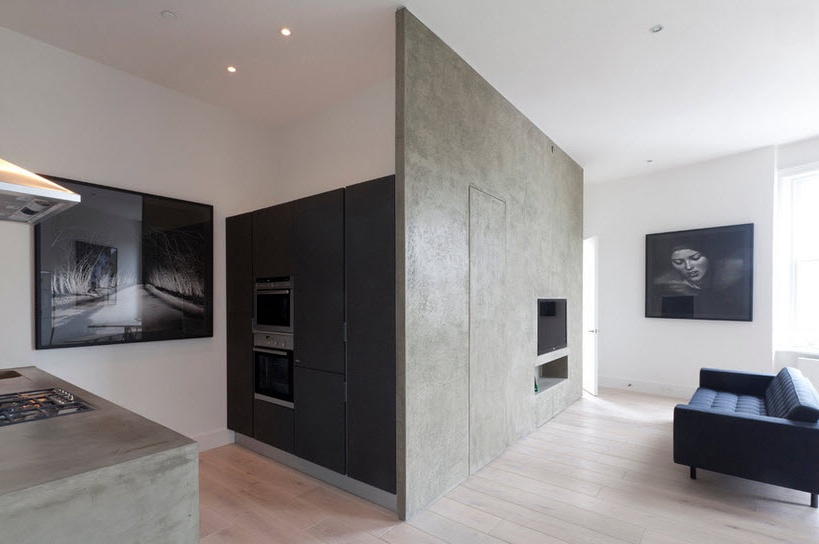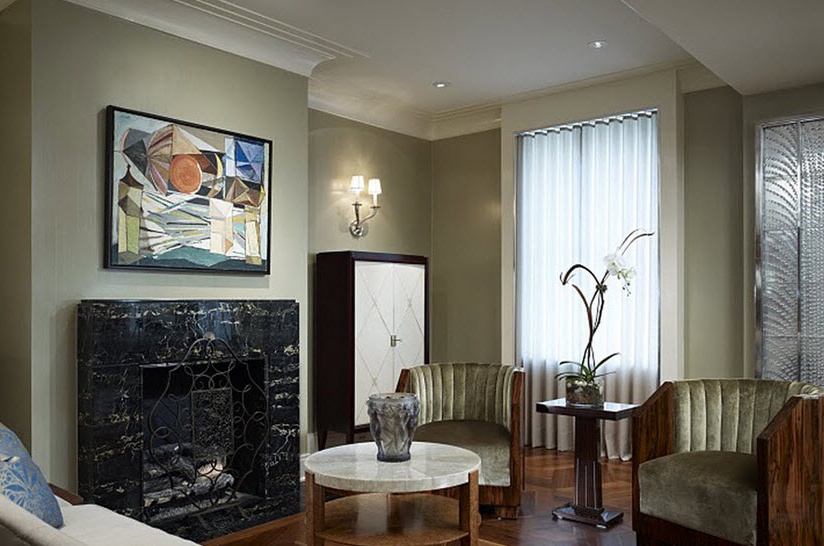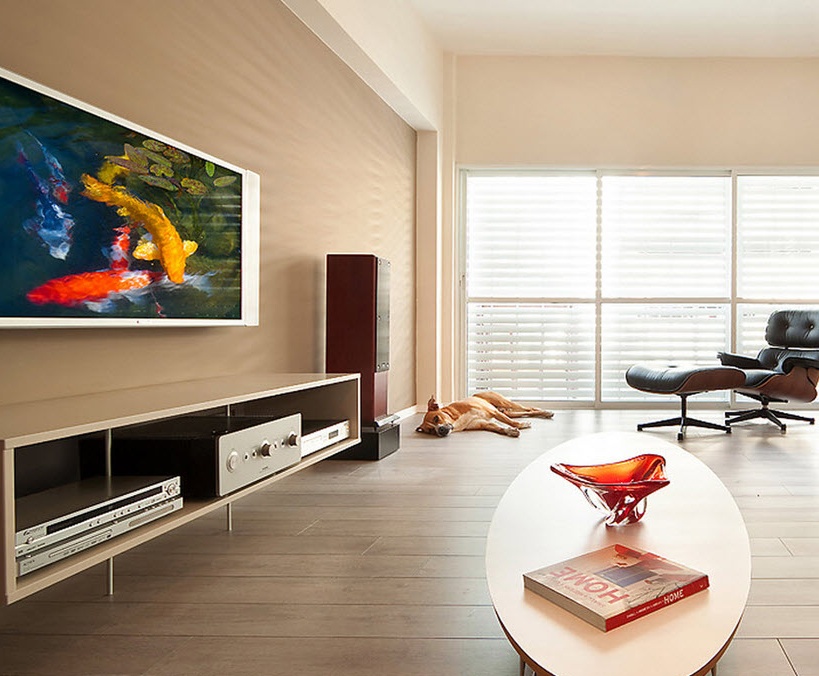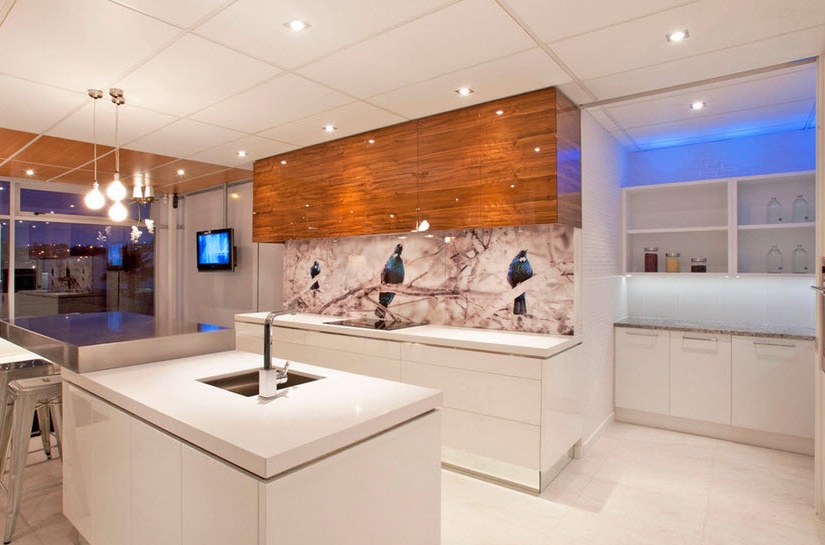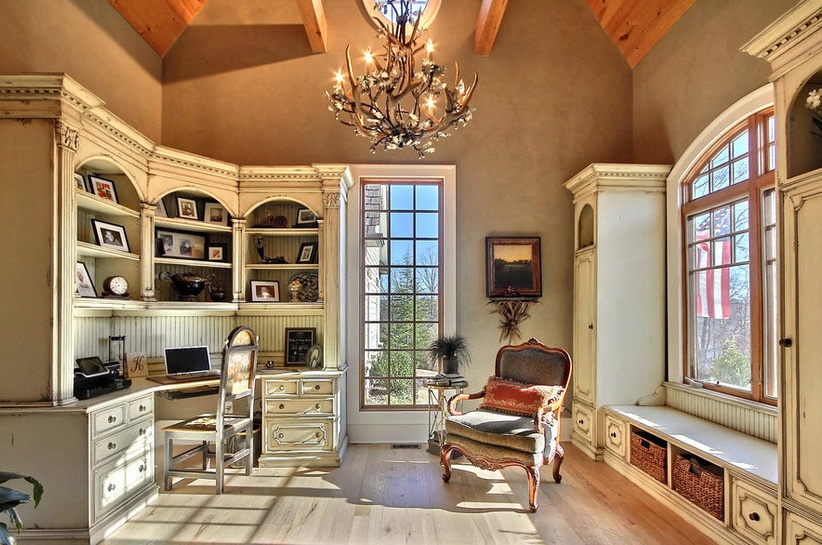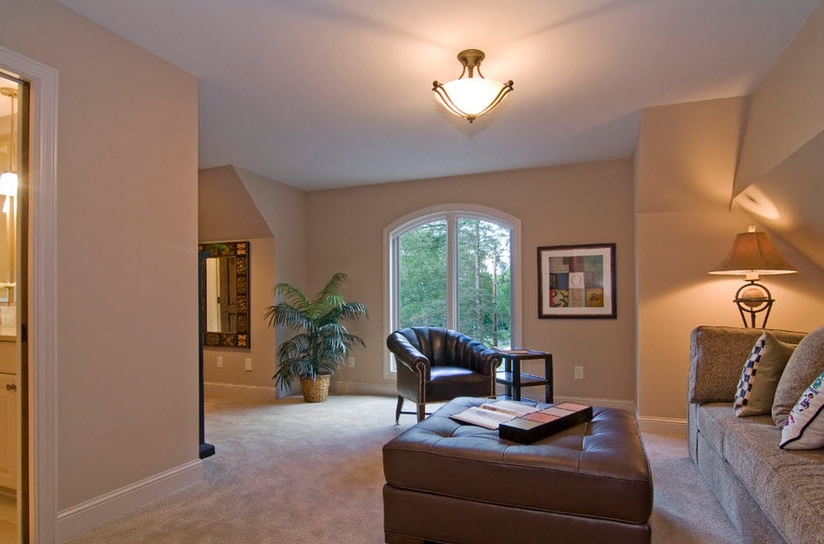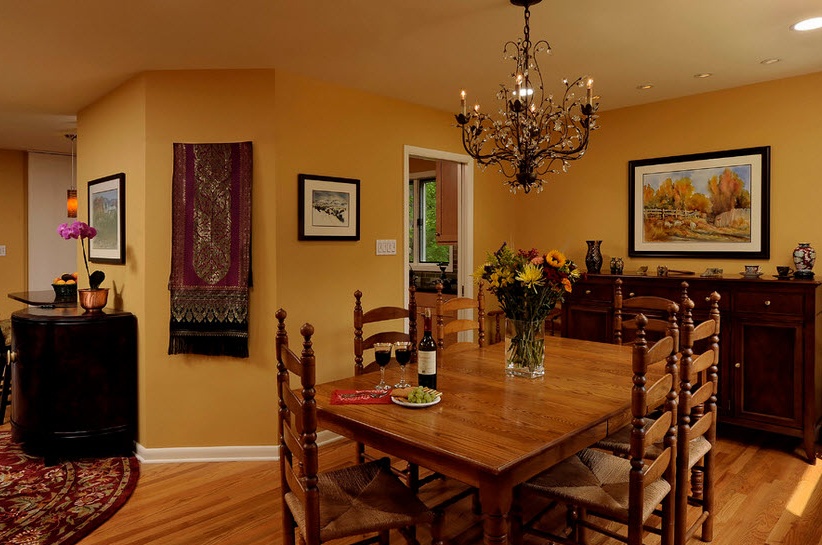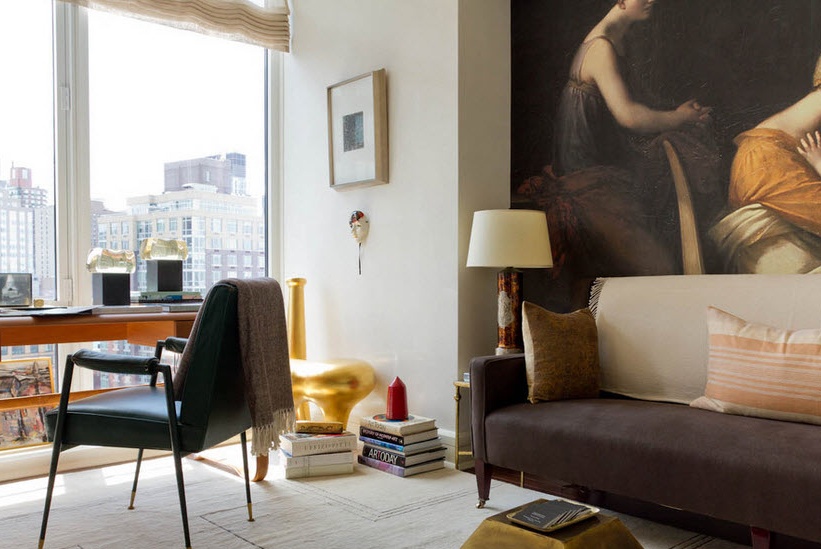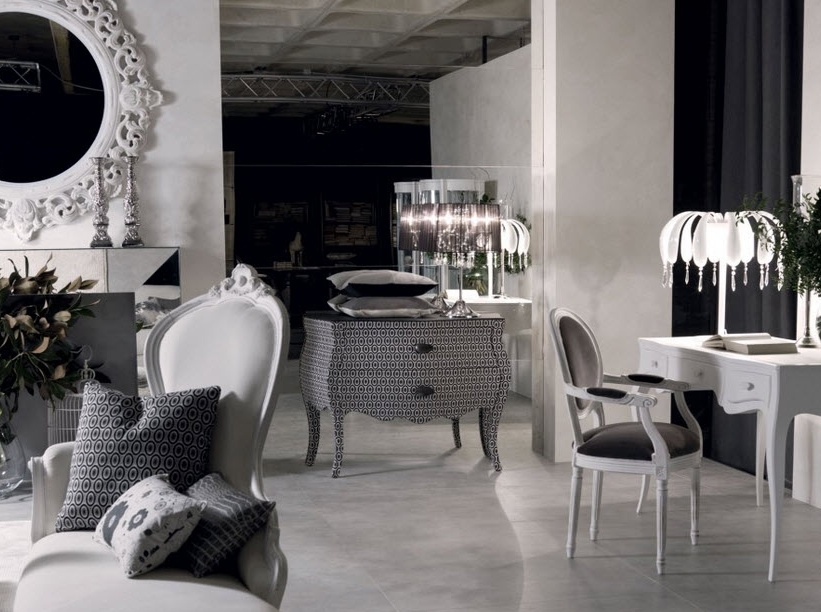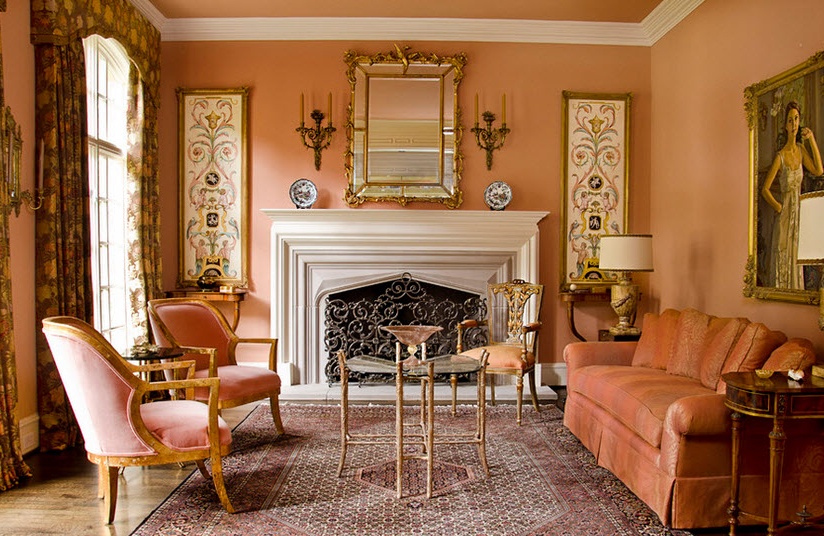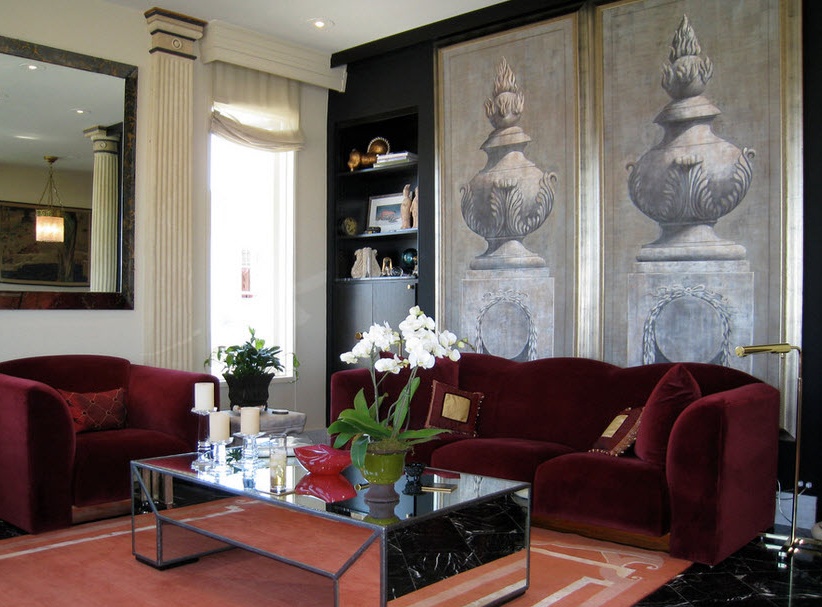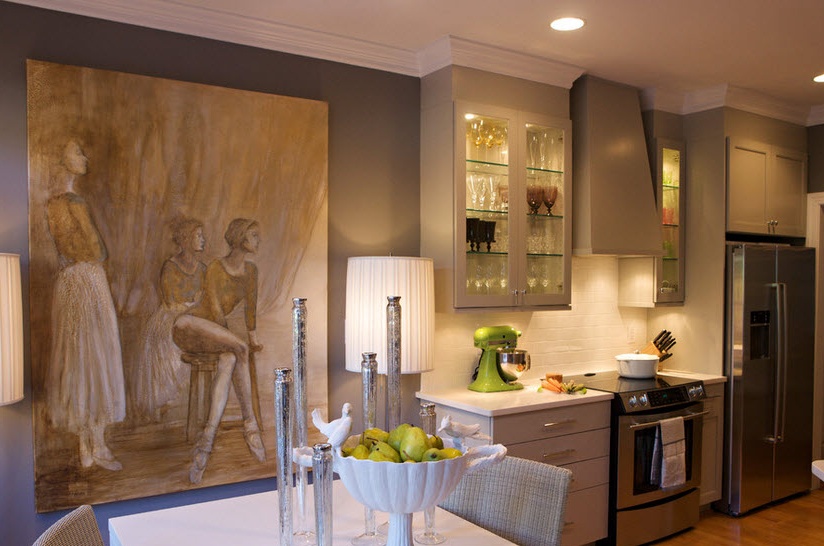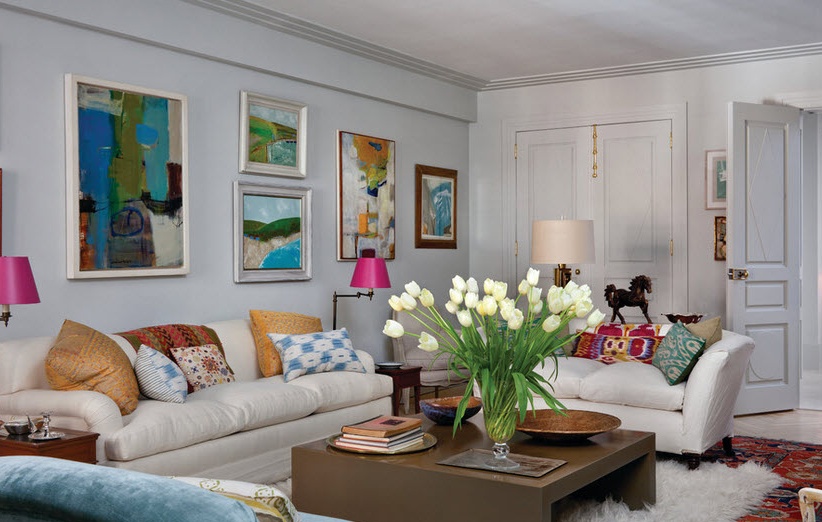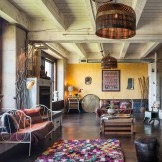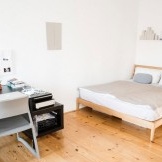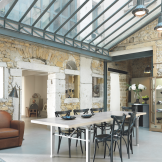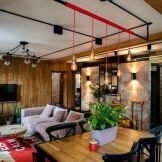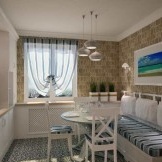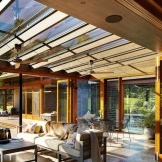And what style is right for you?
Interior style is the secret of an attractive apartment. Own housing will be harmonious and exclusive if they have their own “face”. And this “face” is what we call style. In essence, this is a pictorial image. When we create an interior in one or another style, we recreate the atmosphere of a specific time, an epoch-making era, a country. How do we do it? We strive to use such components and attributes in the interior that absolutely specific associations are born. Everyone decides what to choose from this large list personally, but acquaintance with these manners will undoubtedly help to make your choice.So, the popular styles in the interior:
Modern
At the beginning of the 20th century, Art Nouveau made its word in the development of culture. It became widespread, because at the same time it incorporated features of other styles and introduced its own elements into the decor. This style is popular today.
Constructivism
In the first half of the last century in interior design, constructive solutions became fashionable, with soft, multifunctional furniture and plenty of light. In constructivism you will not find elements of stucco decoration, all things are compact and mobile.
Art Deco
A very popular trend in our time, is named after the European art style (French - decorative art). The style was a combination of luxury and functionality, combining incongruous, bringing something new to a seemingly completely mundane. The style is characterized by bright colors, high-quality, natural materials.
Minimalism
In minimalism, traits of the style of the Ancient East can be traced. In the interior you can find only the necessary things, and the decor is absent as such. Of the materials dominated by metals, glass and wood. The color scheme is restrained, most often sustained in one tone.
High tech
Hi-tech, which translates as "high technology", originated in the second half of the last century. The room, designed in this style, resembles an industrial one - plumbing, architectural moments are not hidden, but rather are on display. Modern materials are inherent in this style, more often metal. High-tech is quite widespread, because it reflects the essence of the modern world with its innovations and inventions.
Antiquity
This word is associated with ancient Greek and Roman architecture. The first was distinguished by its integrity and harmony and was an example to follow and a certain standard for followers.
Roman style
The direction arose at the beginning of the last millennium, and laid the foundation for the revival of ancient Roman traditions. The style is characterized by squat in proportions, visual “weighting” of buildings, and a certain gloom.
Gothic style
The style arose in the 13th century and fully reflected the essence of its period. Gothic style is expressed mainly in architecture (huge decorated towers, vertical lines), and also gives some characteristic features to the interior (these are large windows, multi-colored stained-glass windows).
Renaissance
Renaissance style, which served as an expression of the desire of contemporaries for freedom. In the buildings of that time, everything speaks of these aspirations - spacious rooms with smooth bends of arches, skillfully executed details, thanks to which a single picture is formed.
Baroque
The direction arose in the 18-19th century and is distinguished by its originality. Being a mirror image of its time, the style has incorporated the lifestyle of people and a unique sense of taste. His features are sweeping and magnificent, ornate and bizarre.
Rococo
The direction arose in the middle of the 17th century. The style implements the entire flight of a person’s imagination, moving away from reality into the world of games and myths. All elements of the interior are light and elegant, beautiful and decorative, extremely rich in ornament.
Classicism
A return to ancient ideals was marked by classicism. Buildings and interiors have clearly defined geometric shapes, the decor is rich in natural materials, sculptures are common.
Empire
This direction can also be called the last step in the development of classicism. It is distinguished by splendor and ceremonial decoration, distinguished by a special luxury. But at the same time, the elements remain simple and even strict, because the military theme was also reflected in the style.
Eclecticism
Since the mid-19th century, through the mixing of cultures, a trend such as eclecticism arose. She absorbed the best of her predecessor styles, while highlighting comfort. The decor was characterized by an abundance of textiles and elements collected from all over the world.
How to choose a style for the interior
As you can see, there are many styles in the interior. This is just some of the most popular. What style do you prefer?
If you prefer the interior, listen to your own personal view, and also take into account the outlook of your family. The style is greatly influenced by all the objects found in the dwelling: windows, cardinal points, the space of their location and other subtleties. From which of the styles you prefer, will be dependent on the location throughout life. Therefore, the issue of interior should be approached exclusively thoroughly and seriously, taking into account a lot of points.
Style Guidelines
- Comfort and coziness are the most important elements of any style.
- Family opinion - the style should be fully consistent with the manner of all family members.
- Professional advice - pay attention to the opinions of professional designers, view modern web resources and magazines.
- The combination of styles of different zones - remember that there must be harmony in the house and it is not necessary to combine incompatible ones.
- In the end, trust your own inner voice.
Correct and harmonious style design has a direct impact on the internal mood and on your style as a whole. Remember that your mood depends on you personally and the style of your decoration.
Be individual and original.

